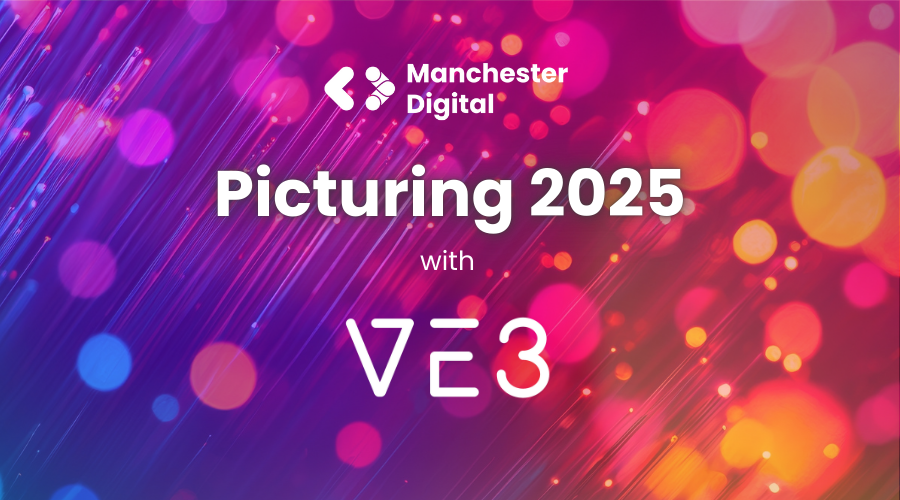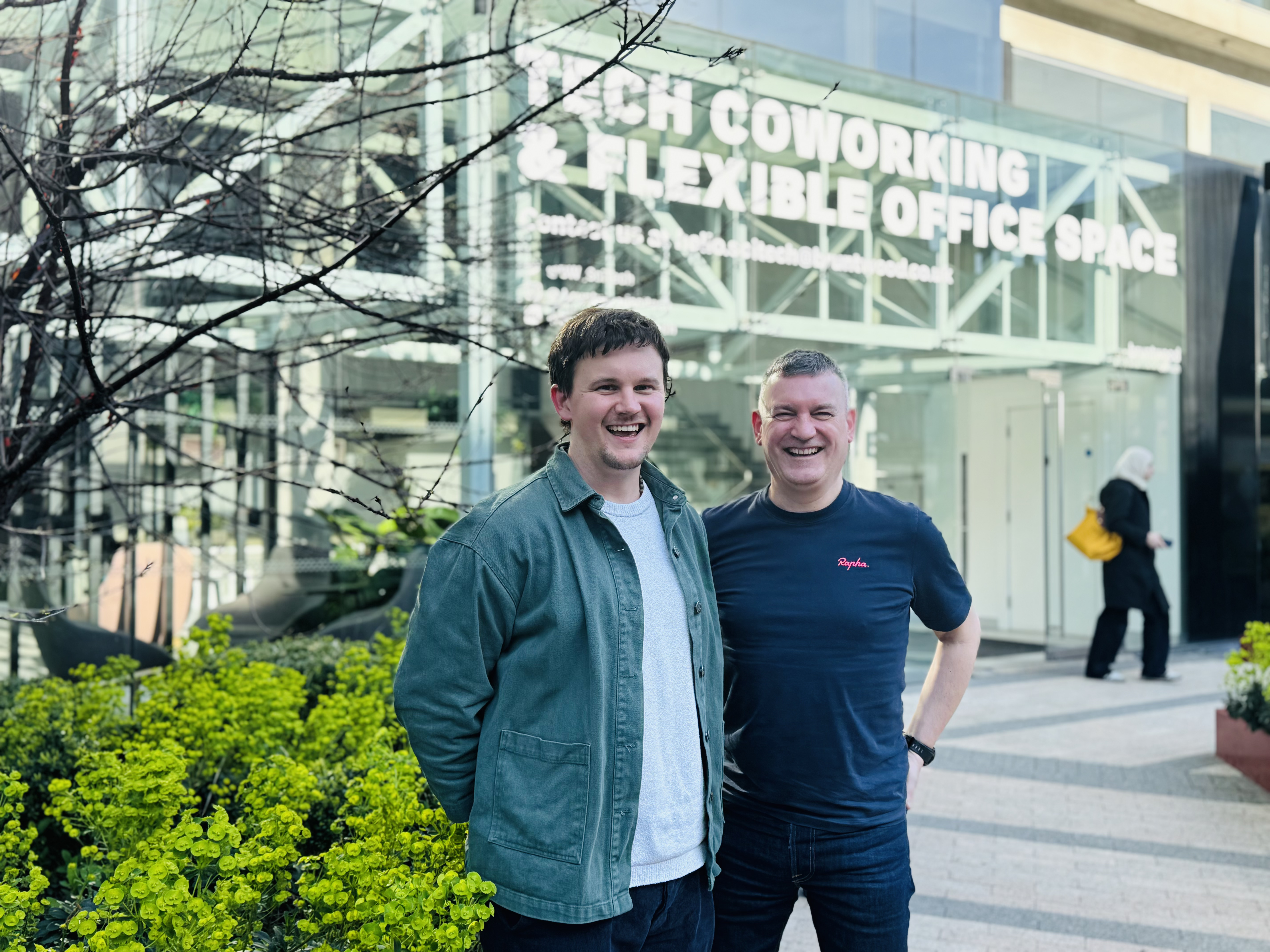
As we approach 2025, Manchester Digital is excited to share Picturing 2025 - a series of essays from our members offering insights into the tech trends and challenges ahead. Below, VE3 share their expectations for next year on Security, Governance, and Safety.
AI is transforming industries and unlocking new opportunities, but it also presents challenges related to security and ethical deployment. In our latest Webinar, "Shaping the AI Future: Balancing AI Governance, Safety & Security," industry experts & our panelists provided some valuable insights on addressing these challenges in detail. Here’s a highlight from the discussion.
Key AI Security Challenges:
- 1. Traditional Cybersecurity Issues: AI systems, while innovative, inherit vulnerabilities from traditional computing. It's essential for organizations to recognize and mitigate risks such as hacking and data breaches.
- 2. Model Security: To protect AI models from attacks like model inversion and adversarial threats, robust security measures must be implemented. This proactive approach ensures the integrity of AI applications.
- 3. Data Privacy and Security: Safeguarding the sensitive data that AI systems rely on is crucial. By prioritizing data protection, organizations can reduce the risks of breaches and associated legal issues.
- 4. Ethical Concerns: Ensuring AI systems are fair, unbiased, and transparent is essential to prevent discrimination and harmful outcomes.
Addressing the Challenges
Robust Governance Frameworks:
- Ethical Guidelines: Establish clear ethical guidelines to govern AI development and deployment.
- Risk Assessment: Conduct regular risk assessments to identify potential vulnerabilities and threats.
- Transparency and Accountability: Implement mechanisms to ensure transparency and accountability in AI decision-making.
- Data Governance: Implement strict data governance policies to protect sensitive data.
Strong Security Measures: - Secure Development Practices: Follow secure software development practices to minimize vulnerabilities.
- Model Security: Protect AI models from unauthorized access and manipulation.
- Data Privacy: Implement robust data privacy measures to safeguard sensitive information.
- Continuous Monitoring: Continuously monitor AI systems for security threats and vulnerabilities.
Safety Protocols: - Bias Mitigation: Employ techniques to mitigate bias in AI models and ensure fairness.
- Explainability: Develop AI models that can explain their decision-making process.
- Robustness Testing: Rigorously test AI systems to identify and address potential failures.
- Human Oversight: Maintain human oversight to ensure AI systems are used responsibly.
Collaboration and Knowledge Sharing: - Industry Collaboration: Collaborate with other organizations to share best practices and insights.
- Open-Source Initiatives: Contribute to open-source AI projects to promote transparency and security.
- Regulatory Frameworks: Stay updated on emerging regulations and standards to ensure compliance.
The Power of Transparency
The Webinar underscored the importance of transparency in enhancing AI security. By embracing open practices, organisations not only improve security but also bolster trust and accountability in AI development and deployment.
Balancing AI Innovation and Regulation in Critical Industries
The discussion highlights the need for a balanced approach to AI regulation, especially in sectors like healthcare, where innovation and ethical considerations are critical. While regulations are essential to guide AI's integration, particularly in handling sensitive data, they should not stifle progress. Healthcare, with its established ethical frameworks and skilled professionals, is well-positioned to manage AI safely.
Looking Forward
As AI continues to advance, it is imperative to prioritize security and safety. By implementing robust governance frameworks, strong security measures, and effective safety protocols, organizations can harness the power of AI while mitigating risks. Collaboration, transparency, and continuous learning are key to ensuring a secure and ethical AI future.
VE3 is committed to developing AI responsibly. We offer a comprehensive suite of AI solutions and security services, including advanced AI solutions to empower businesses, robust security measures to protect AI systems and data, an ethical AI framework to ensure fairness and transparency, and a rigorous development process to ensure the safety and reliability of our AI systems.




